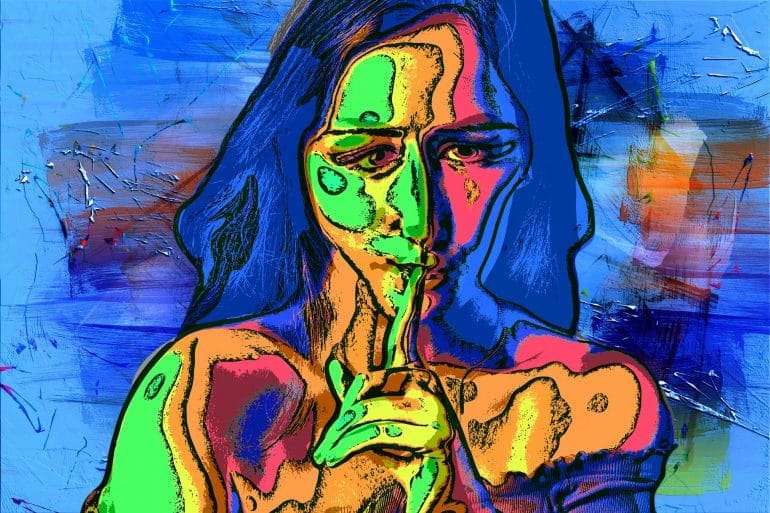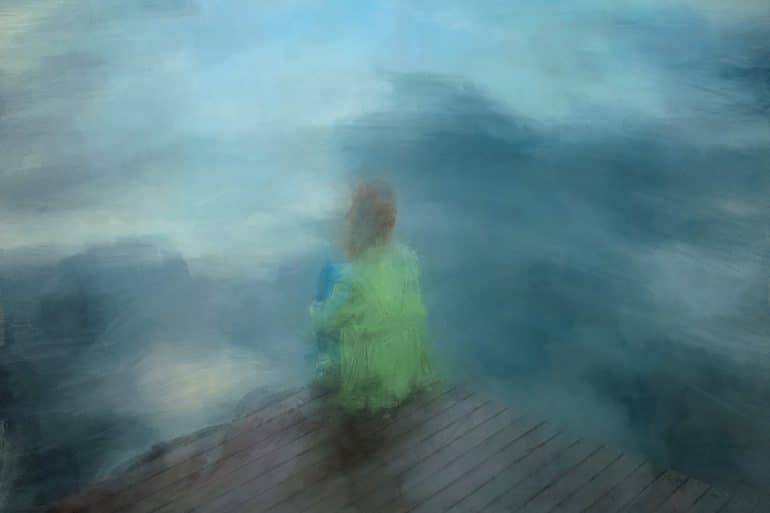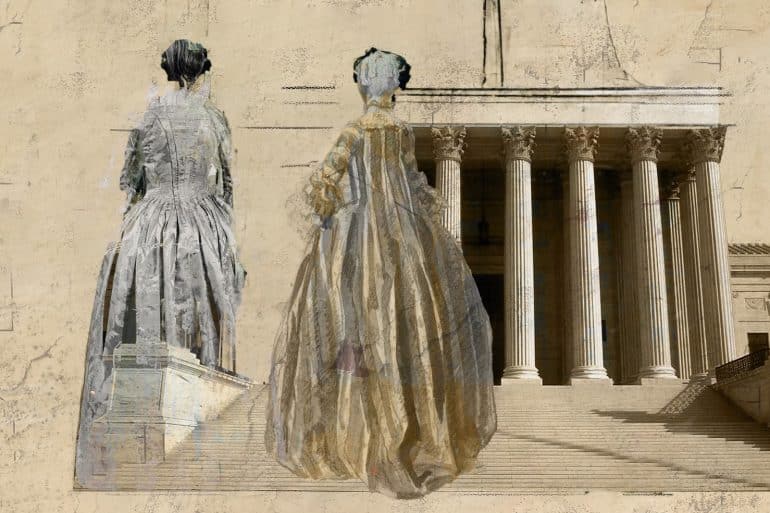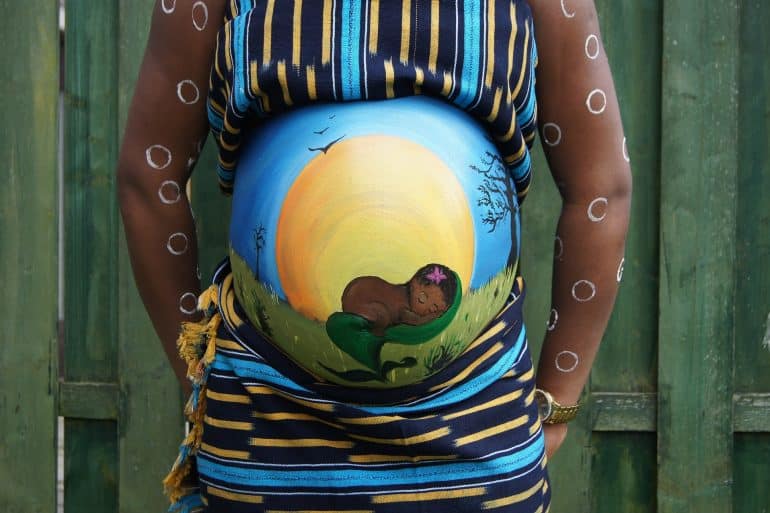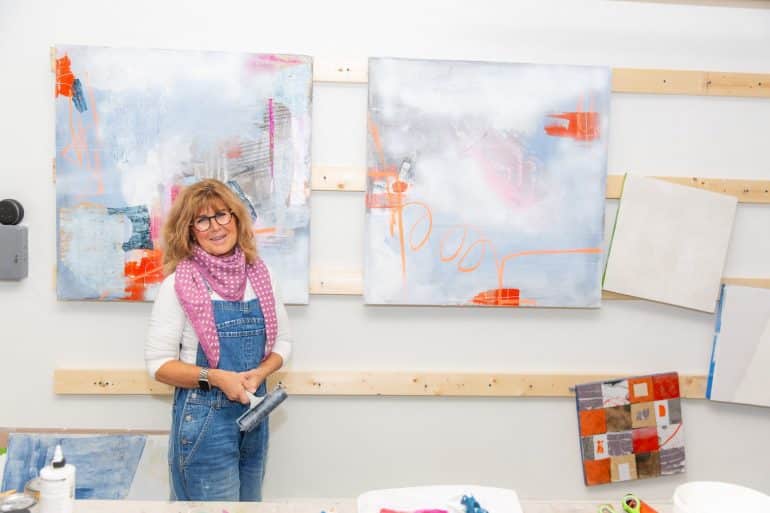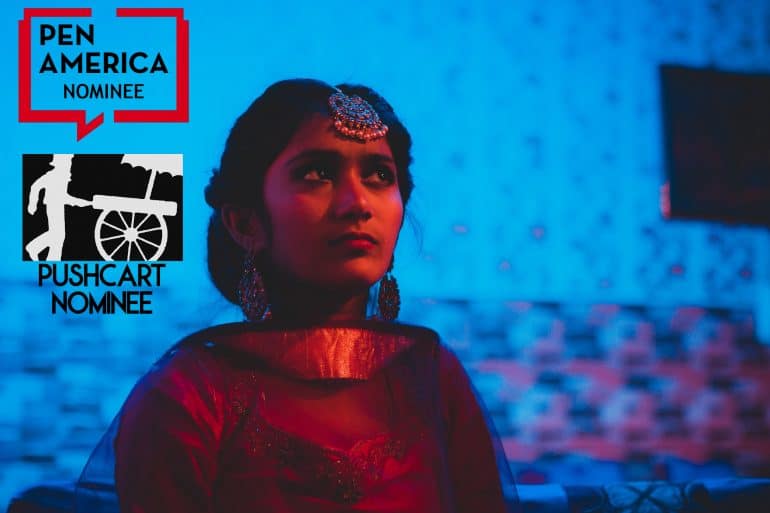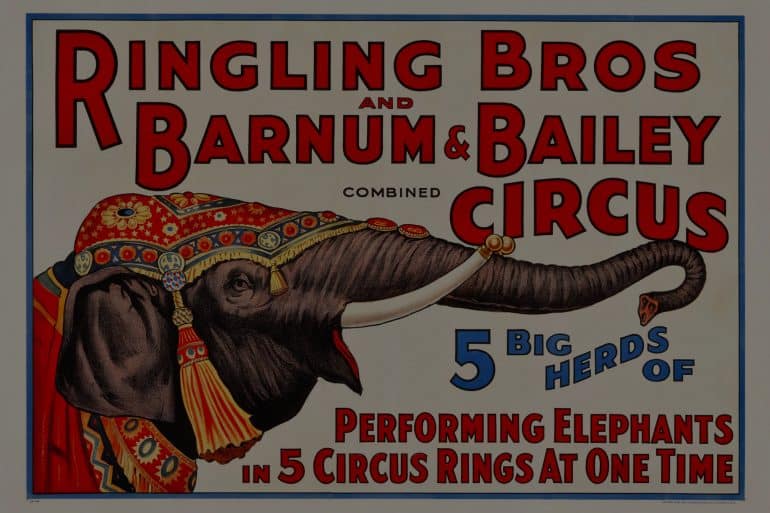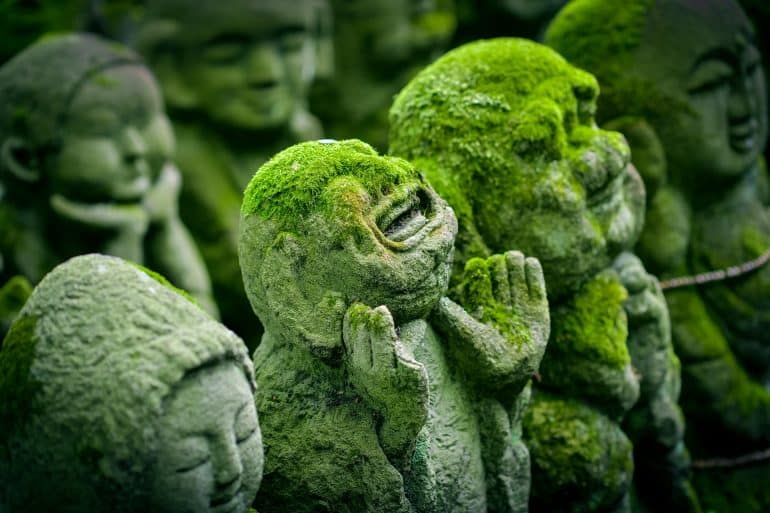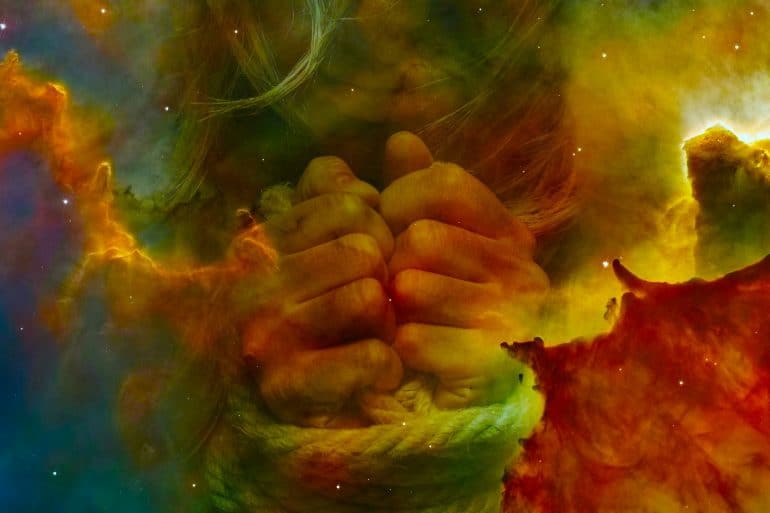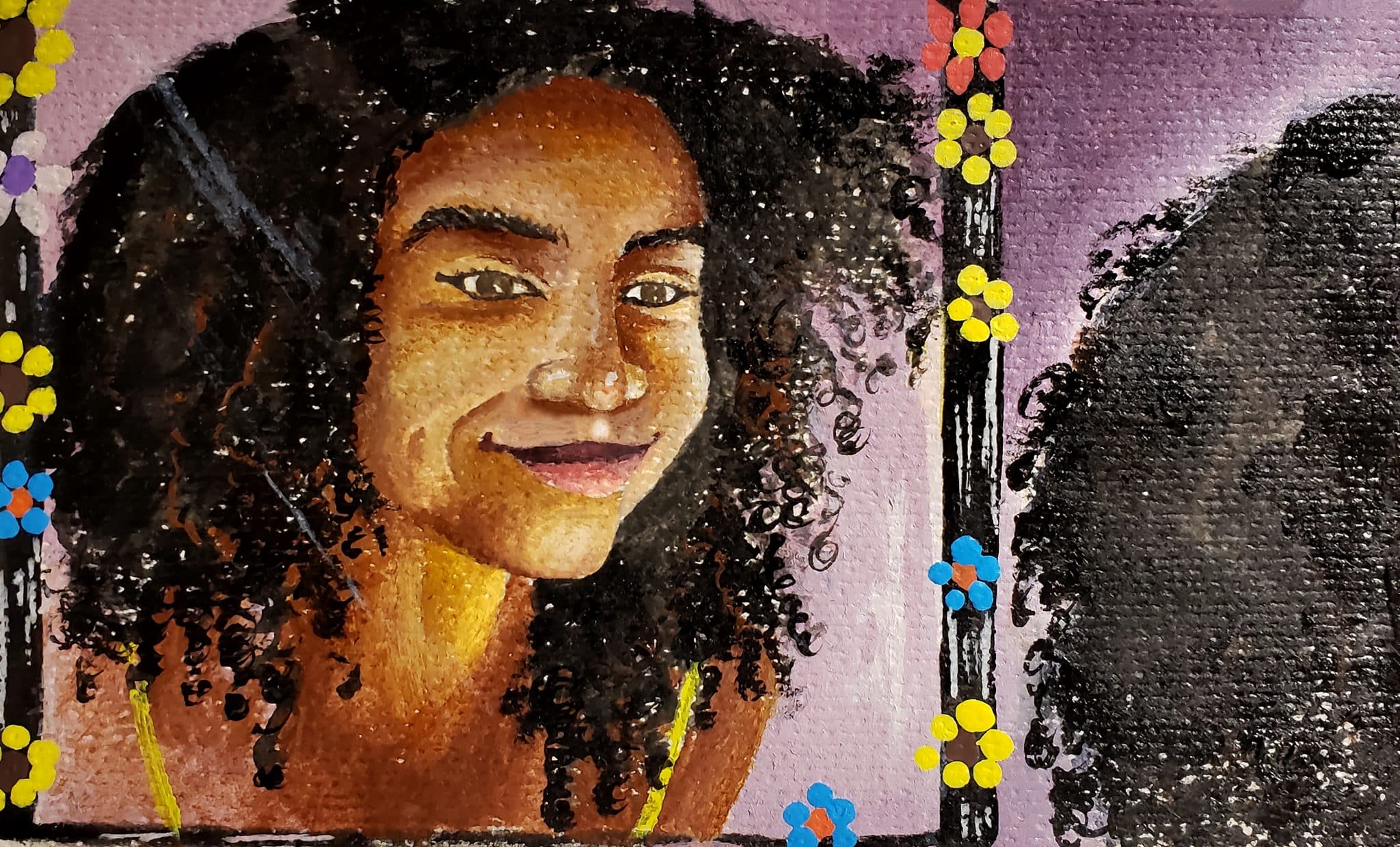"My poems for this special issue seek to document a history of my choice, not just personally but humanly, to use autoethnography to weave through the personal and the political."
Richard Stimac·
All ContentAutoethnodramaAutoethnographic Literary FictionBodily Autonomy Special Issue, 2022-23Special Issues
··23 min read"In this autoethnodrama, a woman terminates a pregnancy without telling her husband."
"Combining autoethnography and artwork, Supreme Justice aims to reveal the persistence of institutionalized oppression of women through history."
"This autoethnographic poetry is born of my personal experience, witness, as well as currently chronicled and ancestral lore."
Marlen Harrison·
All ContentAutoethnographic Art & MultimediaClimate Change Special Issue, 2022InterviewsMorePodcastsSpecial Issues
··15 min read"Award-winning artist, Suzanne Hughes, talks about autoethnography and painting. Suzanne is responsible for the cover art for our special issue based on climate change."
"I wrote Asha’s story to give voice to all the women in rural Bangladesh who cannot speak out against their abusers or society."
"Barriers melt like grilled cheese at the table when you're dancing for your supper like the old vaudevillians."
"I write at length about my experiences surviving rape and abuse as a Western woman in Japan. I was lucky to get out alive."
"This essay on bodily autonomy specifically discusses abortion access and rights in the United States and Canada, and the politics that often follow."
"My oil on canvas series, "Journey of Self Love," depicts a variation of obstacles I've personally had to endure throughout my life as a woman."
"Ami Tau Ami (I Am Who I Am), is a story about a mother letting go of her own dreams but passing it to her daughter, as my mother did for me."
I pay homage to Nina Simone’s already iconic and thorough exploration of stereotypes by setting the project to the song “Four Women.”


